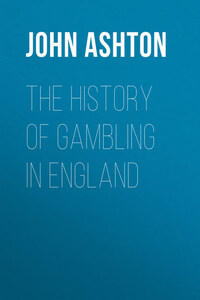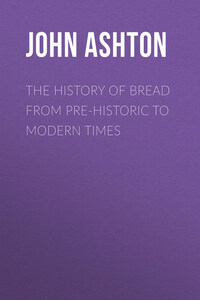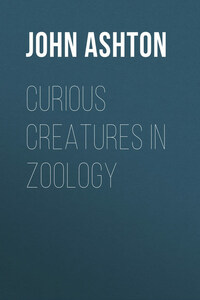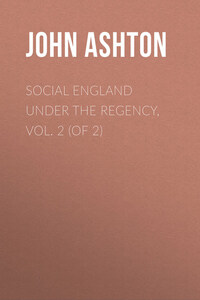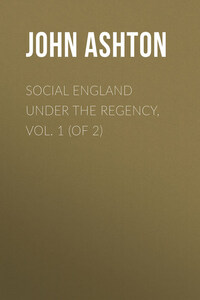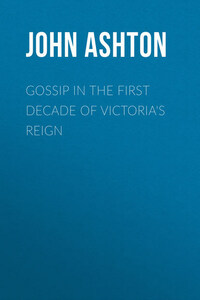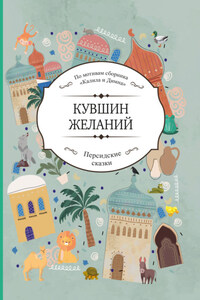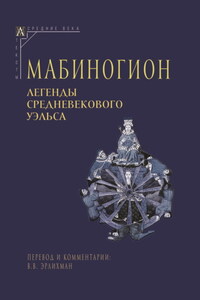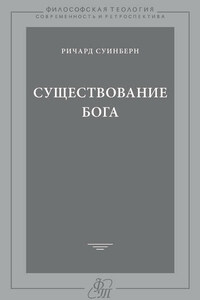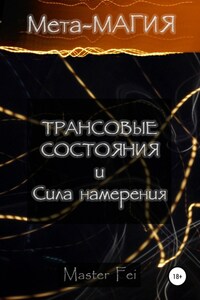Difference between Gaming and Gambling – Universality and Antiquity of Gambling – Isis and Osiris – Games and Dice of the Egyptians – China and India – The Jews – Among the Greeks and Romans – Among Mahometans – Early Dicing – Dicing in England in the 13th and 14th Centuries – In the 17th Century – Celebrated Gamblers – Bourchier – Swiss Anecdote – Dicing in the 18th Century.
Gaming is derived from the Saxon word Gamen, meaning joy, pleasure, sports, or gaming– and is so interpreted by Bailey, in his Dictionary of 1736; whilst Johnson gives Gamble —to play extravagantly for money, and this distinction is to be borne in mind in the perusal of this book; although the older term was in use until the invention of the later – as we see in Cotton’s Compleat Gamester (1674), in which he gives the following excellent definition of the word: – “Gaming is an enchanting witchery, gotten between Idleness and Avarice: an itching disease, that makes some scratch the head, whilst others, as if they were bitten by a Tarantula, are laughing themselves to death; or, lastly, it is a paralytical distemper, which, seizing the arm, the man cannot chuse but shake his elbow. It hath this ill property above all other Vices, that it renders a man incapable of prosecuting any serious action, and makes him always unsatisfied with his own condition; he is either lifted up to the top of mad joy with success, or plung’d to the bottom of despair by misfortune, always in extreams, always in a storm; this minute the Gamester’s countenance is so serene and calm, that one would think nothing could disturb it, and the next minute, so stormy and tempestuous that it threatens destruction to itself and others; and, as he is transported with joy when he wins, so, losing, is he tost upon the billows of a high swelling passion, till he hath lost sight, both of sense and reason.”
Gambling, as distinguished from Gaming, or playing, I take to mean an indulgence in those games, or exercises, in which chance assumes a more important character; and my object is to draw attention to the fact, that the money motive increases, as chance predominates over skill. It is taken up as a quicker road to wealth than by pursuing honest industry, and everyone engaged in it, be it dabbling on the Stock Exchange, Betting on Horse Racing, or otherwise, hopes to win, for it is clear that if he knew he should lose, no fool would embark in it. The direct appropriation of other people’s property to one’s own use, is, undoubtedly, the more simple, but it has the disadvantage of being both vulgar and dangerous; so we either appropriate our neighbour’s goods, or he does ours, by gambling with him, for it is certain that if one gains, the other loses. The winner is not reverenced, and the loser is not pitied. But it is a disease that is most contagious, and if a man is known to have made a lucky coup, say, on the Stock Exchange, hundreds rush in to follow his example, as they would were a successful gold field discovered – the warning of those that perish by the way is unheeded.
Of the universality of gambling there is no doubt, and it seems to be inherent in human nature. We can understand its being introduced from one nation to another – but, unless it developed naturally, how can we account for aboriginals, like the natives of New England, who had never had intercourse with foreign folk, but whom Governor Winslow1 describes as being advanced gamblers. “It happened that two of their men fell out, as they were in game (for they use gaming as much as anywhere; and will play away all, even the skin from their backs; yea, and for their wives’ skins also, although they may be many miles distant from them, as myself have seen), and, growing to great heat, the one killed the other.”2
The antiquity of gambling is incontestable, and can be authentically proved, both by Egyptian paintings, and by finding the materials in tombs of undoubted genuineness; and it is even attributed to the gods themselves, as we read in Plutarch’s Ἰσιδος και Ὀσιριδος “Now the story of Isis and Osiris, its most insignificant and superfluous parts omitted, is thus briefly narrated: – Rhea, they say, having accompanied with Saturn by stealth, was discovered by the Sun, who, hereupon, denounced a curse upon her, that she should not be delivered in any month or year. Mercury, however, being likewise in love with the same goddess, in recompense for the favours which he had received from her, plays at tables with the Moon, and wins from her the seventieth part of each of her illuminations; these several parts, making, in the whole, five new days, he afterwards joined together, and added to the three hundred and sixty, of which the year formerly consisted: which days are even yet called by the Egyptians, the Epact, or Superadded, and observed by them as the birth days of their Gods.”
But to descend from the sublimity of mythology to prosaic fact, we know that the Egyptians played at the game of Tau, or Game of Robbers, afterwards the
